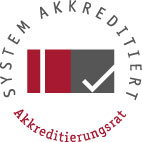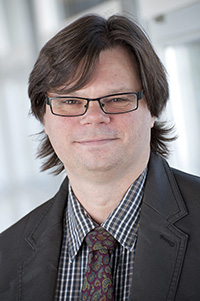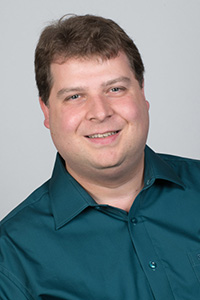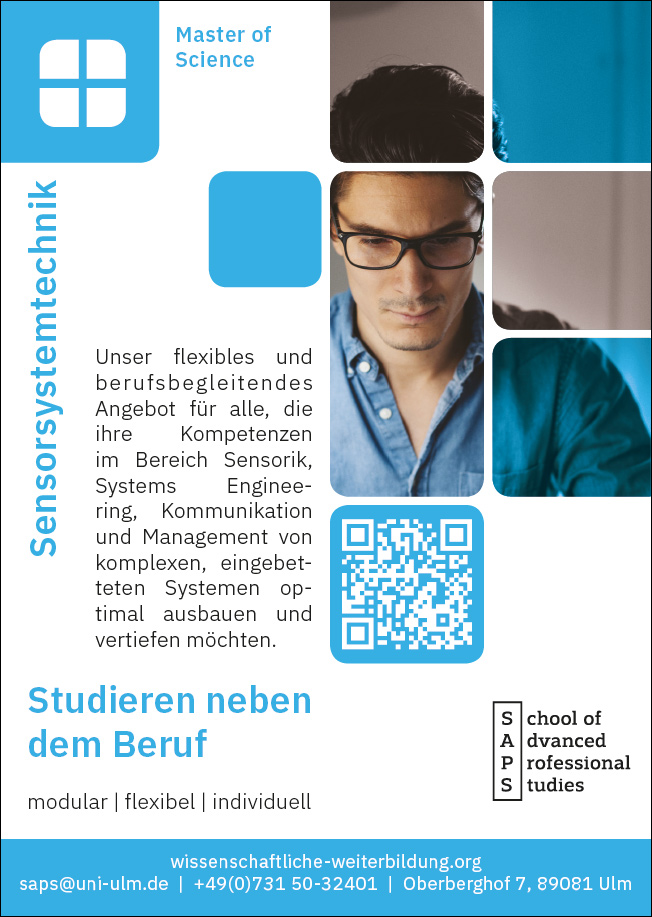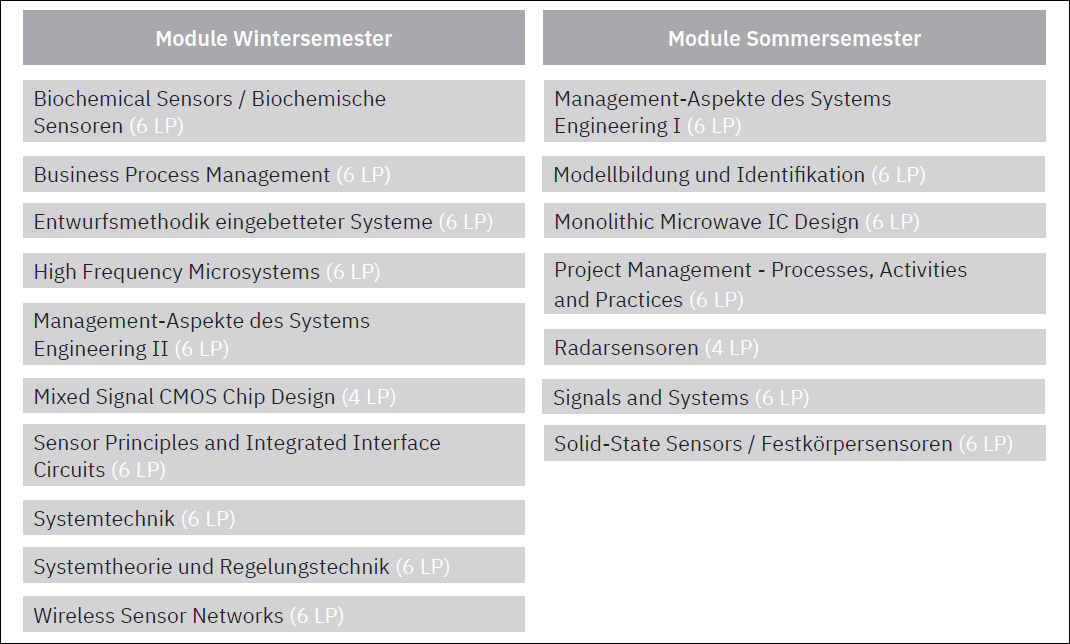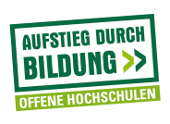Die Studierenden erweitern im Rahmen dieses Moduls die Fähigkeit, ein Thema aus der aktuellen Forschung im Bereich der Sensorsystemtechnik unter Beachtung wissenschaftlicher Kriterien selbständig zu erarbeiten und darüber eine schriftliche Arbeit zu verfassen, welche in ihrer Form allen Ansprüchen an wissenschaftliche Texte genügt.
Leistungspunkte nach ECTS: 30
Studiengebühr: 4.500 Euro* oder 1.800 Euro**
Zum Modul
* Bei Durchführung der Masterarbeit an der Universität wird den Studierenden für die Dauer der Arbeit ein komplett eingerichteter Büroraum mit Zugriff auf die Ressourcen des Instituts, in dem die Masterarbeit angefertigt wird, zur Verfügung gestellt.
** Bei Durchführung der Masterarbeit außerhalb der Universität steht die Infrastruktur des Instituts des betreuenden Dozenten für die Anfertigung der Arbeit nicht zur Verfügung.

